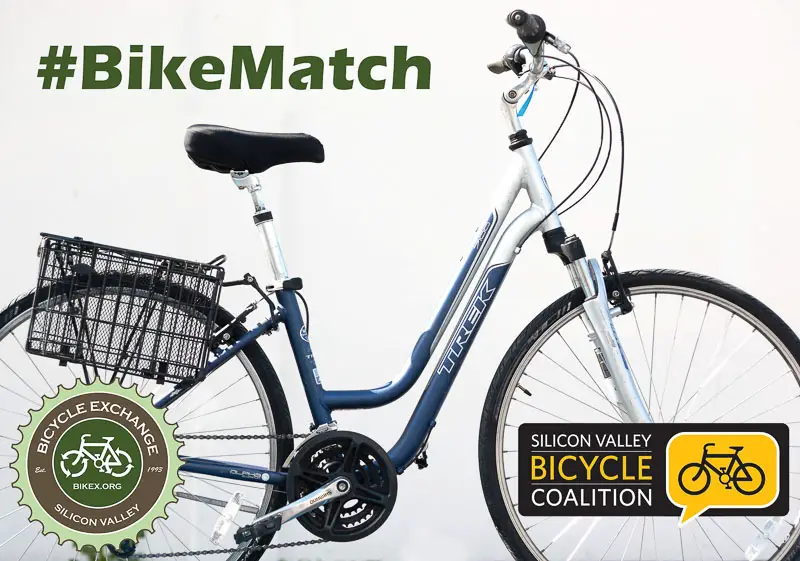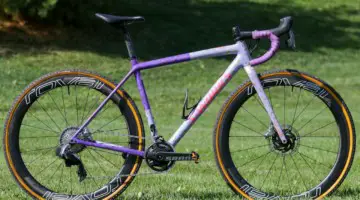Do you have an extra bike that’s not being ridden? Could you part with it to help someone impacted by the coronavirus crisis and impending recession?
Whether it’s an essential worker looking to avoid viral exposure of public transportation or rideshare, or some of the 25 million unemployed struggling to make car payments or get to grocery stores or food banks, many are now in a new position to appreciate and value two-wheel transportation, even if they can’t afford it. Bike racers and avid cyclists, especially those with several bikes in the garage, can make a difference during this time.
A few weeks ago, New York’s Transportation Alternatives nonprofit launched its creative #BikeMatch peer-to-peer program to pair unused, working bikes with essential workers. Now similar programs launched in that model have popped up in other cities with the same goal.
- Atlanta, GA
- Boston, MA
- Buffalo, NY
- Cincinnati, OH
- Georgia Statewide
- Gilroy/Morgan Hill, CA
- Indianapolis, IN
- Los Angeles, CA
- Macon, GA
- Sacramento, CA
- San Francisco, CA
- Savannah, GA
- Silicon Valley / Bay Area / San Jose, CA
- Tel Aviv
- Washington, DC
See if you can help a program in your community. Can’t find one? You could easily start one yourself thanks to the programming of safelanes.org.
While the programs aim to pair bikes in perfect working condition with recipients in need, that may not describe the average bike collecting dust. The Silicon Valley Bicycle Exchange [CXM’s founder helps this org] and the Silicon Valley Bicycle Coaltion have their own spin on the model by offering to refurbish bikes before matching them to recipients, in addition to providing peer-to-peer matching. They’re also involving the community by welcoming volunteer mechanics to help fix bikes for those in need.
Want to help out? Programs in your area could use not only bike donations, but often are grateful for monetary donations or volunteers. Many CXM readers may know their way around a wrench pretty well, and can fix up a bike in disrepair before it lands with a grateful recipient. There’s likely a nonprofit in your area that could use help while still keeping a physical distance.
For-profit companies have also joined the movement. Specialized held an Essential Rides of Essential Workers campaign to give bikes to essential workers to donate 500 bicycles to those in need. The campaign has passed but is just one example of ways the bike industry is trying to do its part.





























